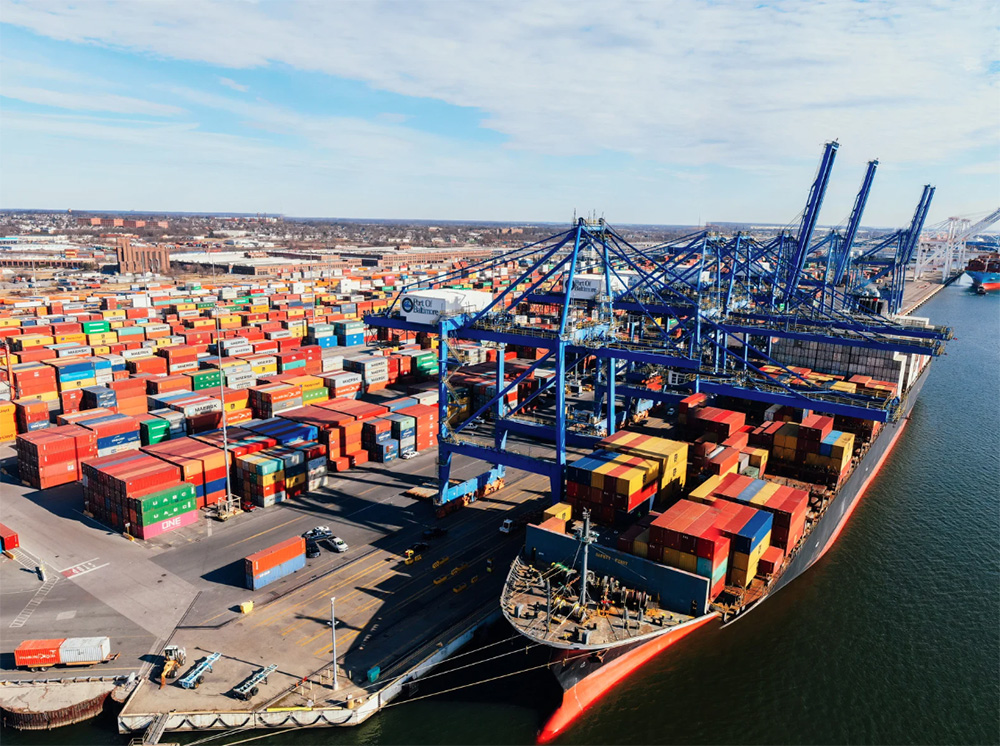
Maritime Software Security: What IT Leaders Need to Know (Before It’s Too Late)
The New Cyber Reality for Ports and Pilotage Authorities Ports and pilotage authorities aren’t just gateways for trade – they’re prime targets for cybercriminals. In
For more on how missed charges impact revenue, see our earlier post: How Ports Lose Revenue Without Automated Billing.
When billing isn’t immediate and accurate, the impacts ripple across the organization:
The true cost isn’t just in lost revenue. Delayed invoicing drains staff time, increases audit risk, and makes it harder for ports to demonstrate accountability to boards, regulators, and funding authorities. In an industry where compliance and reputation are everything, those risks can be just as damaging as financial shortfalls.
Modern, purpose-built billing systems are designed to eliminate these inefficiencies:
The result is not just smoother finance processes, but a stronger foundation for trust and growth.
Delayed invoicing isn’t just an administrative nuisance – it’s a financial and reputational liability. Every day an invoice sits unsent means cash flow is constrained, compliance exposure grows, and customer trust erodes. By prioritizing fast, accurate, and auditable billing, maritime organizations can strengthen their financial footing, improve accountability to boards and regulators, and deliver a smoother experience for customers. For finance leaders and port executives, tackling invoicing delays is about more than operational efficiency; it’s about securing the trust and stability that every port needs to thrive.
Don’t let billing delays drain your revenue. With PortTrax and PilotIQ, you can capture every charge, speed up invoicing, and maintain audit-ready records – all from one secure system.


The New Cyber Reality for Ports and Pilotage Authorities Ports and pilotage authorities aren’t just gateways for trade – they’re prime targets for cybercriminals. In

The Power of Data-Driven Decision Making in Ports From September 16–18, port leaders from across Canada will gather in Halifax, Nova Scotia for the ACPA

Why Deployment Choices Matter in Maritime For ports and pilotage authorities, software is no longer just an operational tool – it’s critical infrastructure. From billing